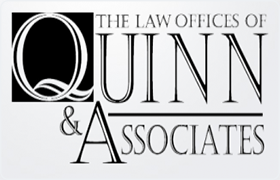Detroit Criminal Lawyer, Michigan, page 4
Sponsored Law Firm
-
 x
x

Click For More Info:
-
Quinn and Associates
719 Griswold, Suite 820 Detroit, MI 48226 » view mapWayne County Criminal Law Win with Attorney Quinn!
We are dedicated to each case. We understand that every case is different and will always take the time to offer solutions that will put you in the winner’s circle.
800-661-1940  Christopher Quinn Esq.
Christopher Quinn Esq.Attorney At Law - MI
Detroit Mercy School of Law, J.D. - 2000
 About
AboutClick here to lean more about Mr. Quinn
 Contact UsEmail or Call 24/7
Contact UsEmail or Call 24/7Enter more text from site here
FREE CONSULTATION
CONTACTFREE CONSULTATION
CONTACTLynn Marie Bredell
Criminal, Products Liability, Medical Malpractice, Bed Bug
Status: In Good Standing
FREE CONSULTATION
CONTACTFREE CONSULTATION
CONTACTMelanie C. Klark
Alimony & Spousal Support, Child Support, Collaborative Law, Criminal
Status: In Good Standing
FREE CONSULTATION
CONTACT

 Christopher Quinn Esq.
Christopher Quinn Esq. About
About Contact UsEmail or Call 24/7
Contact UsEmail or Call 24/7